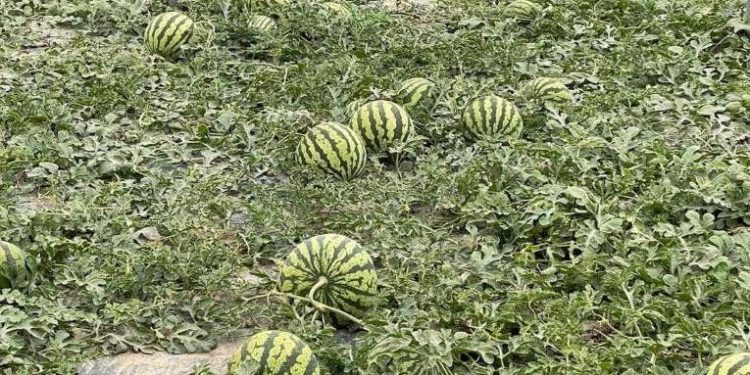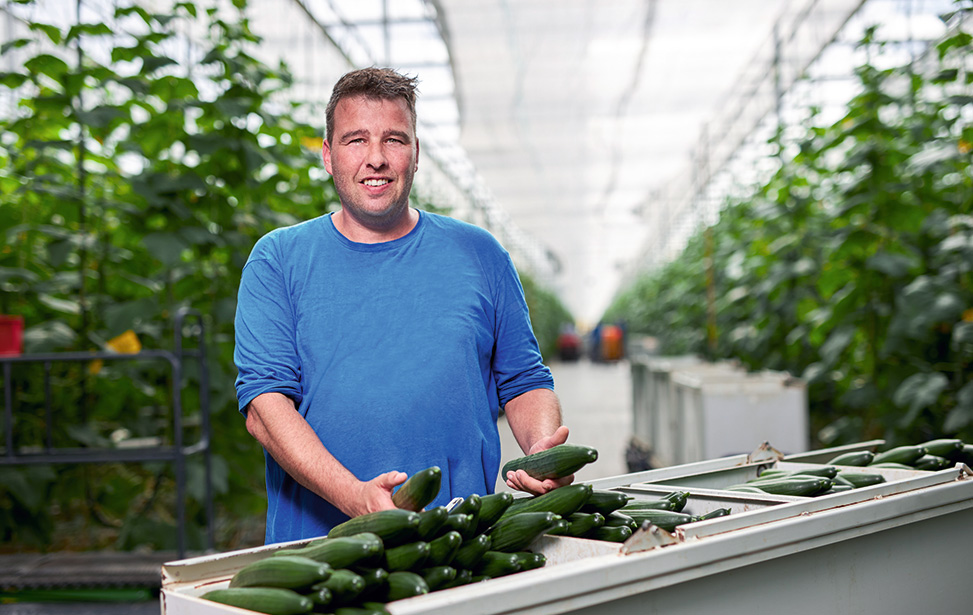In Almería in the Levante region, the harvest of melons continues, especially the pil de sapo variety, while in Poniente the harvest of Galia melons has begun from plantings in December-January. Greenhouses throughout the region exhibit varying stages of growth, with strong vegetative growth and minimal phytosanitary concerns. However, the abundance of watermelons in the Bajo Andarax-Campo de Nijar region has driven down prices, prompting producers to focus on other crops for profitability.
In the Poniente region, numerous greenhouses still grow watermelons in various stages of development, and some even have beehives for pollination. Likewise, growing tomatoes, especially short-cycle varieties, faces problems such as mulberry infestation while the spring tomato harvest continues. High-quality yields from pepper plantations have kept prices high, although a decline is expected, prompting growers to prepare for replanting cycles.
Meanwhile, in Cadiz, in the greenhouses of the La Algaida region, Galia melons are appearing with moderate yields and satisfactory prices. Growing density and timing play a critical role in determining yield.
Granada offers a wide range of tomato varieties, with prices for standard and pear tomatoes falling. However, cherry tomato production is increasing. Zucchini cultivation continues, maintaining its presence in the market.
In Huelva, the strawberry season is coming to an end, with notable harvests of various varieties. The raspberry and blueberry harvest remains stable, with minimal impact from disease, ensuring a stable supply to the market.
Malaga showcases Italian peppers in Velez-Malaga using biological pest control methods. Tomatoes, both pear and Daniela varieties, are showing promising yields, highlighting the importance of strategic growing practices.
Greenhouse agriculture in Andalusia reflects a dynamic agricultural landscape, with each region making its own unique contribution to the region’s agricultural landscape. Challenges such as pest management and market fluctuations remain, but strategic measures such as crop diversification and biological pest control offer promising solutions. While producers navigate these challenges, the pursuit of maximizing yield and quality remains paramount, ensuring a sustainable future for Andalusia’s agricultural sector.










